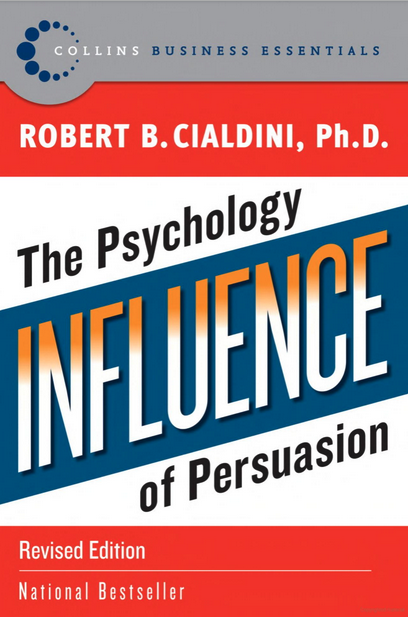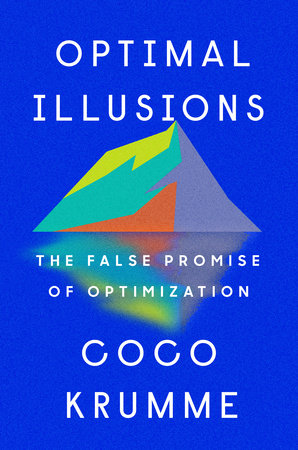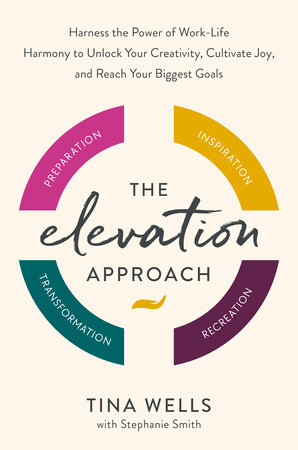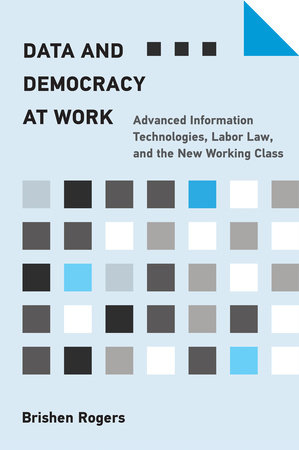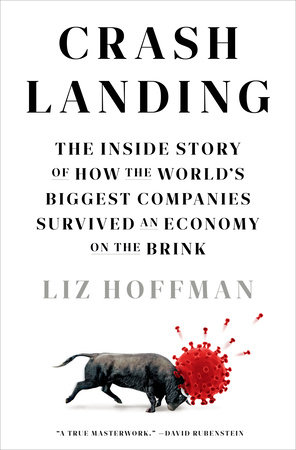Influence: The Psychology of Persuasion is about understanding the principles behind the art of persuasion and how they influence our decision-making processes.
Robert Cialdini, in his straightforward style, teaches you six key principles of influence that are used by compliance professionals to sway our choices.
He argues that by becoming aware of these principles, you can guard yourself against manipulation and also harness their power to positively transform your own persuasive abilities.
After reading Influence: The Psychology of Persuasion, you will gain a deeper understanding of the psychological tactics used to influence your decisions, enabling you to make more informed choices and resist manipulation effectively. You will also discover how to apply these principles to ethically enhance your own persuasive skills, leading to more successful interactions and communication in various aspects of your life.
So, why do some people consistently persuade others more effectively than others?
Key Ideas
The key concepts in Influence: The Psychology of Persuasion are:
- Reciprocity: People feel obliged to return favors or kindness. To achieve this, offer genuine help or value to others without expecting immediate returns, as it often triggers a sense of indebtedness.
- Commitment and Consistency: Individuals prefer to act consistently with their past commitments. Encourage small, voluntary commitments that align with your desired outcome, gradually leading to larger commitments.
- Social Proof: People tend to follow the actions of others when uncertain. Showcase testimonials or evidence of others’ positive experiences to create a sense of safety and social validation.
- Liking: People are more easily persuaded by those they like or share similarities with. Build rapport, find common interests, and show genuine interest in others to increase likability.
- Authority: Individuals are more likely to comply with requests from authoritative figures. Establish your expertise and credibility in your field or domain.
- Scarcity: People desire things that are scarce or in high demand. Highlight limited availability or exclusive offers to create a sense of urgency and increase perceived value.
By mastering these principles, you can enhance your persuasive abilities and influence others more effectively in both personal and professional settings.
Reciprocity
Reciprocity is a powerful social phenomenon where people feel compelled to return favors or kindness shown to them. Robert Cialdini illustrates this concept through a study conducted by sociologist Phillip Kunz, where Christmas cards were sent to randomly selected individuals. Surprisingly, many of the recipients reciprocated by sending cards in return, even to complete strangers.
To achieve reciprocity, the key is to offer genuine help or value without expecting immediate returns. For instance, if you run a business, consider providing free resources, samples, or valuable information to your potential customers. By doing so, you create a sense of indebtedness in the recipient, increasing the likelihood of them reciprocating through a purchase or a positive review.
Commitment and Consistency
People prefer to act consistently with their past commitments, even if those commitments were small or trivial. Cialdini cites a study conducted by two Stanford University researchers who asked homeowners to place a small sign advocating safe driving in their front yards. Later, they followed up with a more significant request to install a large, unsightly billboard on their property. The homeowners who agreed to the small sign were much more likely to comply with the larger request, as they wanted to maintain consistency with their initial commitment.
To harness this principle, encourage small, voluntary commitments from individuals that align with your ultimate objective. For example, if you’re aiming to establish a healthy habit in your life, start with a small, manageable step and publicly commit to it. Over time, this commitment will reinforce consistency, making it easier to adopt more substantial changes.
Social Proof
Social proof is the tendency for people to follow the actions of others, especially when they are uncertain about the best course of action. Cialdini shares a classic example of this phenomenon in a study where participants were more likely to look up at the sky when others around them were doing the same, even when there was nothing noteworthy to see.
To leverage social proof, showcase testimonials or evidence of others’ positive experiences with your product, service, or idea. Online reviews, testimonials, and social media endorsements can be powerful tools to persuade potential customers or followers to take action. By demonstrating that others have already benefited from what you offer, you create a sense of safety and social validation.
Liking
People are more easily persuaded by those they like or share similarities with. Cialdini discusses the influence of liking in a study where salespeople were more successful in making sales if they established a personal connection with their potential customers.
To increase likability, focus on building rapport with others. Find common interests, show genuine interest in their opinions, and be empathetic in your interactions. Authenticity plays a crucial role in this process. When people feel a sense of connection with you, they are more likely to be open to your ideas or suggestions.
Authority
The authority principle suggests that individuals are more likely to comply with requests from authoritative figures. Cialdini recounts the infamous Milgram experiment, where participants were willing to administer potentially lethal electric shocks to others because an authority figure instructed them to do so.
To establish authority, demonstrate your expertise and credibility in your field. Share your qualifications, experience, or achievements to gain trust and respect from your audience. Authority can also be bolstered by presenting data, research, or endorsements from recognized experts.
Scarcity
Scarcity creates a sense of urgency and desire for things that are limited or in high demand. Cialdini refers to a study where participants perceived cookies in a jar as more valuable when the jar contained fewer cookies, even though the cookies were identical.
To utilize scarcity, highlight limited availability or exclusive offers for your product or service. Limited-time promotions, limited edition products, or unique opportunities can tap into people’s fear of missing out (FOMO), motivating them to take immediate action.
By understanding and applying these six key principles, you can significantly enhance your ability to persuade and influence others while also protecting yourself from unwarranted manipulation.
Actionable Advice
- Reciprocate Generosity: Offer genuine help or value to others without expecting anything in return. This can be in the form of free resources, valuable information, or small acts of kindness. By doing so, you trigger a sense of indebtedness, increasing the likelihood of reciprocity.
- Start with Small Commitments: Encourage small, voluntary commitments from individuals that align with your desired outcome. Gradually escalate these commitments to create consistency and increase the likelihood of larger, more significant actions in the future.
- Showcase Social Proof: Highlight testimonials, reviews, or endorsements from satisfied customers or influential figures. By demonstrating that others have had positive experiences with your product or idea, you leverage the power of social proof to persuade potential customers or followers.
How Influence: The Psychology of Persuasion Will Change You
Your life
You will become more aware of the psychological tactics used to influence decisions, enabling you to make more informed choices and resist manipulation effectively.
Your business
You will enhance your persuasive skills and communication, positively impacting interactions with customers, employees, and partners, leading to more successful outcomes.
Your relationships
You will build better connections by understanding the principles of liking and reciprocity, creating stronger bonds with others and fostering a deeper sense of trust and rapport.
Who is Robert Cialdini?
Robert Cialdini is a renowned psychologist, researcher, and author in the field of social psychology. He is known for his groundbreaking work on the principles of influence and persuasion. Cialdini’s expertise lies in understanding the psychological factors that drive human behavior, particularly how people respond to various persuasive techniques.
Cialdini believes that understanding these principles is crucial in navigating a world filled with constant attempts to influence our decisions and actions. He emphasizes the significance of being aware of these tactics to protect ourselves from manipulation while also using them ethically to achieve positive outcomes in our personal and professional lives.
More books from Robert Cialdini
- Pre-Suasion: A Revolutionary Way to Influence and Persuade: In this book, Cialdini explores the art of setting the stage for effective persuasion before delivering a message.
- Yes!: 50 Scientifically Proven Ways to Be Persuasive: Co-authored by Cialdini, this book provides practical and evidence-based strategies for becoming more persuasive in various situations.
Read These Next
You might like these similar books
- Pre-Suasion: A Revolutionary Way to Influence and Persuade by Robert Cialdini
- Yes!: 50 Scientifically Proven Ways to Be Persuasive by Robert Cialdini, Noah J. Goldstein, and Steve J. Martin
- Influence: Science and Practice by Robert Cialdini
- The Power of Persuasion: How We’re Bought and Sold by Robert Levine
- Thinking, Fast and Slow by Daniel Kahneman

